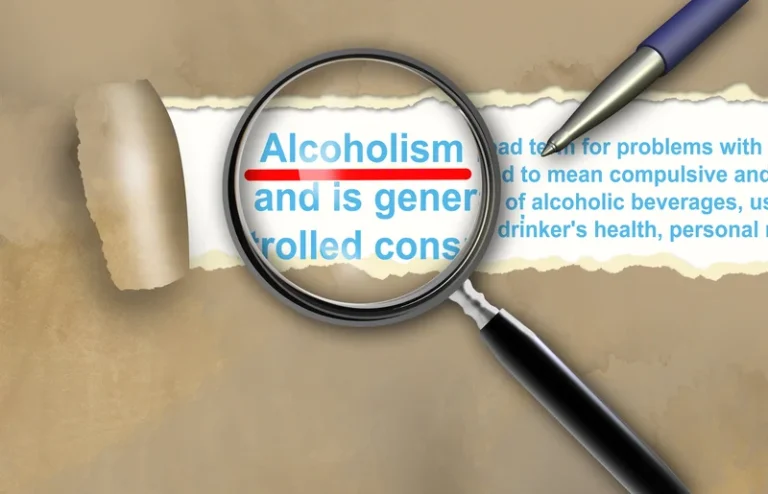
In vitro studies have shown that acetaldehyde modulates cytokine production by astrocytes in a dose-dependent manner (Sarc, Wraber et al. 2011). Specifically, 24 hours of exposure to both low (1mM) and high (5mM) concentrations of acetaldehyde stimulate IL-6 secretion, however, 7 days of exposure to the high concentration of acetaldehyde, significantly decrease IL-6 secretion (Sarc, Wraber et al. 2011). In contrast, both acute (24 hours) and prolonged (7 days) exposure to low and high concentrations of acetaldehyde reduce TNF-α secretion by primary rat astrocyte (Sarc, Wraber et al. 2011). Ethanol consumption by weanling ICR (outbred) mice (adjusted to 6% in their drinking water) for 8 weeks also resulted in 75% fewer CD3+ T cells (Percival and Sims 2000). Likewise, male rats fed an ethanol-containing liquid diet (8.7% v/v for up to 4 weeks) experienced a progressive loss of both CD4+ and CD8+ T cells (Boyadjieva, Dokur et al. 2002). Increased apoptosis of T and B lymphocytes isolated from the thymus, spleen, and lymph nodes of female mice was observed following 16 hour culture with 0.4%-2% ethanol, concentrations 5 to 25 times the definition of intoxication (Slukvin and Jerrells 1995).

Tips for Reducing Alcohol Consumption
Both innate and adaptive immunity rely on a multitude of different cells and molecules. Thus, both types of immunity are mediated partly by the actions of specific immune cells (i.e., include a cell-mediated response) and partly by the actions of molecules secreted by various immune cells (i.e., include a humoral response). For instance, IL-1 induces HPA axis activation and glucocorticoid release that suppresses the immune system does drinking lower your immune system (Sapolsky, Rivier et al. 1987). Cytokines are also proposed to cross the blood-brain barrier and produce sickness behavior (Watkins, Maier et al. 1995), which is comorbid with AUD (Dantzer, Bluthe et al. 1998). Ethanol administration (4g/kg) in male rats increased IL-6 but decreased TNF-α expression in PVN, an effect that was blunted or reversed after long-term ethanol self-administration (Doremus-Fitzwater, Buck et al. 2014).
- Alcohol consumption increases intestinal permeability through the suppression of intestinal tight junction protein expression.
- Alcohol disrupts communication between these organisms and the intestinal immune system.
- Every state in the U.S. has a legal limit (or a point at which it is legally unsafe to operate a motor vehicle) of 0.08%.
- In fact, research shows that acute binge drinking also affects the immune system.
Effects on B-Cells

«Drinking alcohol in large quantities even just for a short period of time — like binge drinking — can be bad for your health and your immune system,» says Favini. Past research shows alcohol consumption leads to more severe lung diseases, like adult respiratory distress syndrome (ARDS) and other pulmonary diseases, including pneumonia, tuberculosis, and respiratory syncytial virus. In the lungs, for example, alcohol damages the immune cells and fine hairs that have the important job of clearing pathogens out of our airway. However, chronic and heavy alcohol consumption can lead to fewer T cells and B cells. The new study did find that drinking mostly wine and drinking only with meals moderated the risk, particularly of death from cancer. Current U.S. dietary guidelines say that «drinking less is better for health than drinking more,» and that adults aged 21 and older should limit themselves to one drink a day for women and two for men.
Drinks to try
- What’s more, a short period of binge drinking — let’s say a month — can cause a reduction in T cells.
- You can lower the risk of alcohol impacting your immune system by drinking less.
- Your liver detoxifies and removes alcohol from your blood through a process known as oxidation.
- The intestinal barrier is a semipermeable structure that allows the uptake of essential nutrients and immune sensing while being restrictive against pathogenic molecules and bacteria [56].
Though alcohol seems woven into the fabric of our social lives, drinking can have harmful health effects, even in small doses. Short-term and long-term effects of alcohol can negatively impact the mind and body, despite any potential benefits. Your immune system works to keep you as healthy as possible by fighting off foreign invaders, such as viruses, bacteria, and toxins. To your body, alcohol is a toxin that interrupts your immune system’s ability to do its job, thereby compromising its function. Alcohol–immune interactions also may affect the development and progression of certain cancers. Meadows and Zhang discuss specific mechanisms through which alcohol interferes with the body’s immune defense against cancer.
Impact on gastrointestinal tract
Each of those consequences can cause turmoil that can negatively affect your long-term emotional health. “Excessive alcohol consumption can cause nerve damage and irreversible forms of dementia,” Dr. Sengupta warns. Your gut microbiome is a hotbed of bacteria that help keep your digestive system happy and healthy. The trillions of microbes in your colon and large and small intestines are critical to proper digestion. In reality, there’s no evidence that drinking beer (or your alcoholic beverages of choice) actually contributes to belly fat. “Some people think of the effects of alcohol as only something to be worried about if you’re living with alcohol use disorder, which was formerly called alcoholism,” Dr. Sengupta says.

Moderate alcohol consumption and the immune system: a review
Alcohol and Cell-Mediated Host Defense Mechanisms


